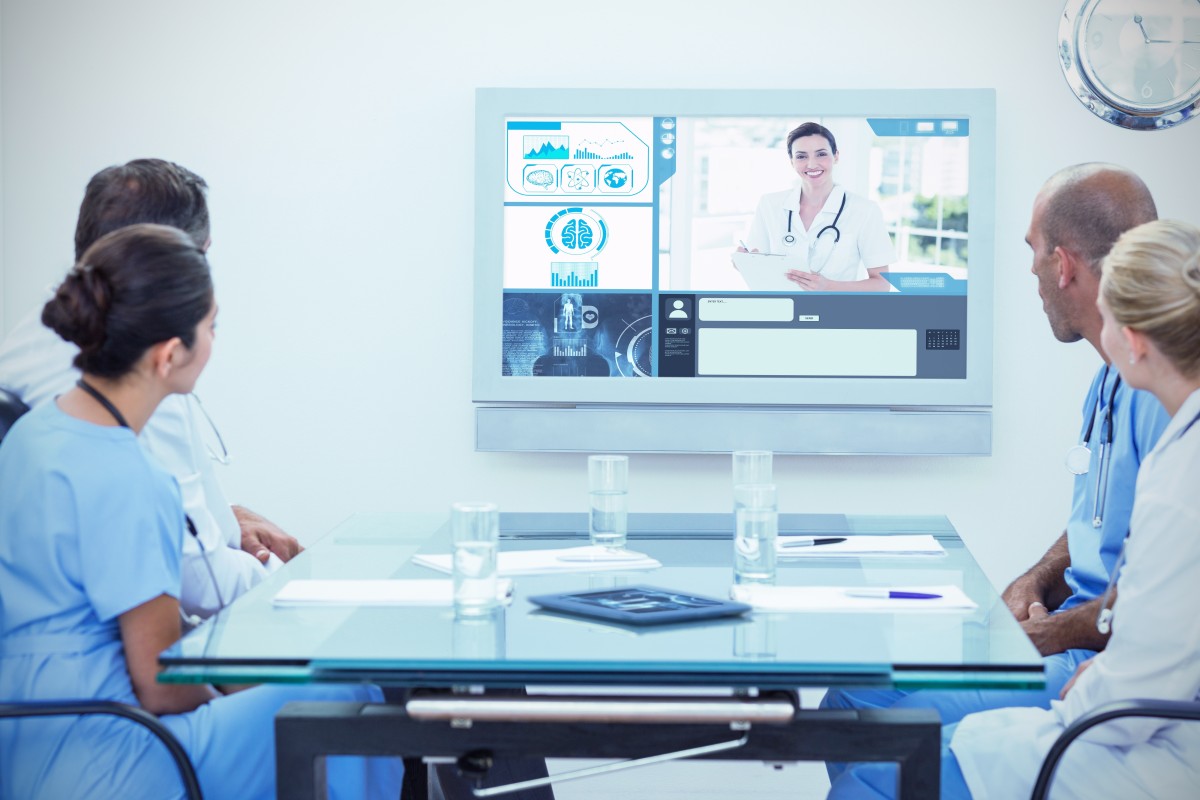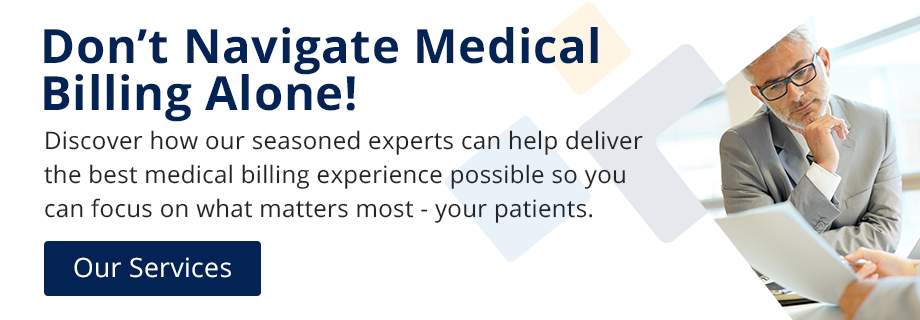Topics: Meaningful Use Stage 2, Practice Management, Medical Billing Company
A 2020 study asked, “If your doctor went out of business today, how much—or how little—would you care?” A troubling 55% of people responded that it would be inconvenient, but that they already didn’t have a deep relationship with their provider; 27% said they would be glad because they wanted a different provider anyway.
If you’re part of a medical practice, these results might be surprising and you might be asking how you can work towards establishing a better patient-provider relationship at your practice! A significant resource that you might not be leveraging to the fullest extent is the technology that helps keep your practice running smoothly.
Utilizing healthcare technology can help you and your colleagues forge a deeper connection with the patients who come to your office for quality care; keep reading to learn more!
Quick Links:
- What Is Healthcare Technology?
- What Is Healthcare Consumerism?
- How Healthcare IT Leads to Better Patient-Provider Relationships

What Is Healthcare Technology?
Healthcare technology is the umbrella term for any piece of software, equipment, or digital asset that boosts productivity, securely manages information, and helps streamline a practice’s overall operations.
Examples of healthcare technology include:
Telemedicine
While telemedicine was a rapidly growing platform for delivering quality care before the start of the pandemic in 2020, by now it has certainly shifted how the entire healthcare industry operates and considers its patients. Telemedicine involves meeting with the patient via video call or some other form of technological medium instead of meeting in person in a medical office; this, of course, helps to make healthcare more accessible while maintaining distance during the pandemic.
EHR Systems
Electronic health record systems are vital to the optimization of your medical practice and ensure the security of your patient records and sensitive information. An effective EHR system updates records in real-time and provides a well-rounded, patient-centered experience. Plus, EHR systems have the ability to gather multiple factors pertaining to a patient’s wellness in a more organized manner, which allows for a better overview of the patient’s entire healthcare journey.
Electronic health record systems can include:
- Medical history
- Diagnoses
- Medications
- Treatment plans and notes
- Allergies
- Lab results
- And more!
Healthcare Apps & Online Presence
Mobile healthcare apps like those connected to smart devices—for example, Fit Bit or Strava—help patients gain an understanding of their daily movement, heart rate, sleep patterns, and more. All of these components reveal the state of a patient’s health and empowers them to work towards daily step count goals and encourage their friends who are on the same platform to do more to help their overall health.
Healthcare technology, like mainstream fitness apps, is incredibly beneficial for the individual patient, but what if you want a better, more individual way to connect with patients at your practice? You might want to consider developing a mobile app that is specific to your practice and allows your patients to access their records, schedule an appointment, or otherwise contact your practice.
If you don’t have the financial resources to develop an app, then the least you can do is keep up with your practice’s online presence via website improvements, responding to reviews, and more.

What Is Healthcare Consumerism?
Essentially, healthcare consumerism describes patients’ behavior when finding a medical provider; patients do more research to handpick their medical practices and thus are more selective about where they go. Patients understand and assess their healthcare options in a different manner than ever before – with a deeper awareness of costs, value, and availability than in previous eras of the U.S. healthcare industry.
In this shifting environment, medical practices are wise to seek out new ways to understand their patients as individuals and as shoppers, rather than solely as recipients of care and treatment; leveraging healthcare technology is key to making that deeper patient-provider connection happen.
How Healthcare IT Leads to Better Patient-Provider Relationships
Now let’s dig into a few cornerstone ways that healthcare technology leads to better patient-provider relationships when comprehensively implemented across multiple facets of your medical practice:
Gather Data to Better Understand Your Patients
Your healthcare technology should be able to provide ample information regarding your patients. For example, your medical practice’s website should show how much traffic you receive, where it comes from, and which pages on your site get the most traffic. Is your website getting a lot of eyes on the homepage but few clicks on the Schedule Appointment feature? Noticing patterns like this can help you and your team align marketing efforts to best connect with your patients, both current and potential new ones.
Centralize Your Patient Information
Of course, the next step after gathering data is the ability to store and manage it in a manner that is secure and user-friendly. Ideally, you and your colleagues won’t have to click into four different types of software to access information regarding one patient encounter; that would be incredibly time-consuming and result in clunky workflows. By streamlining your technology to work best for you and your patients, you can spend more time reviewing their wellness journey instead of searching for it.
Strengthen Communication Channels Between the Patient and Provider
A huge component of healthcare technology is the power to securely and immediately communicate with the patient via patient portals, automated text messages reminding them of their appointments, and more. Offering a variety of communication methods demonstrates to your patients that you are available to them and are eager to help them along their wellness journey. Building rapport in this manner is vital for strengthening communication between your providers and your patients.
Streamline Your Patient-Provider Relationships and Revenue Cycle with NCG Medical!
How much time and energy does the medical billing and coding part of your operations take you to complete? How many times do you have to rework a claim before it’s accepted by the insurance company? How many headaches are caused by inaccurate coding or trying to read up on new insurance regulations?
You can leave those painful times in the past by partnering with NCG Medical to optimize the core of your revenue cycle: your medical billing and coding! By enabling us to take this responsibility off of your administrative team, your medical practice can focus on providing the best care to your patients and strengthening the relationships you have with them.


